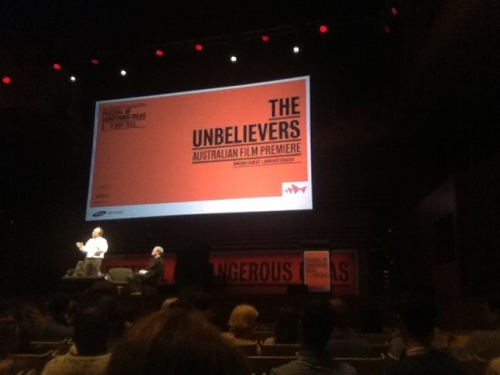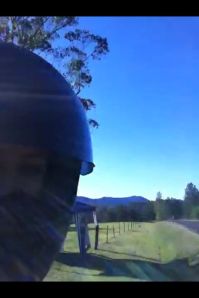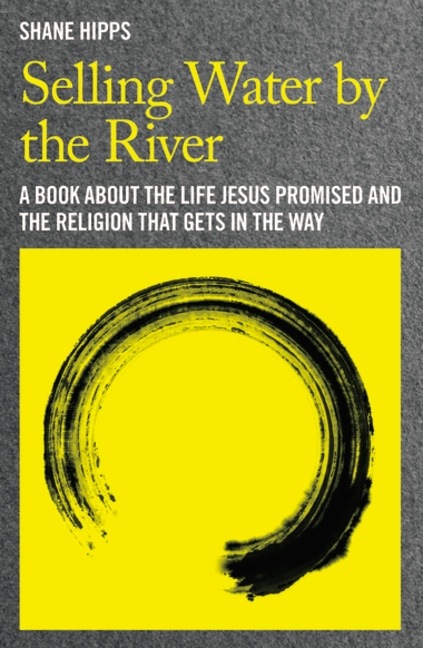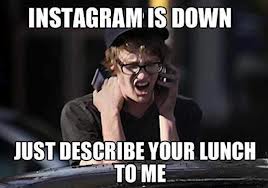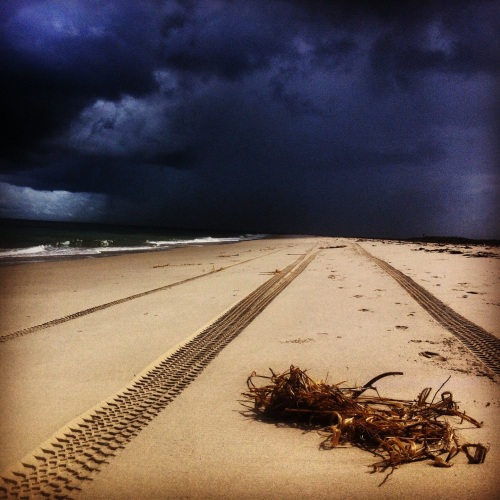The sacred godless
My last post expressed the nausea I felt at the launch of an Atheist documentary, likening it to my experience of church. But last night at the Brisbane launch of The Sunday Assembly – Sanderson Jones & Pippa Evans’ godless congregation – my experience was almost the exact opposite. I think I felt the spirit move.
After the opening secular number (which couldn’t have had a more Southern-Gospel feel if it tried) came the only direct religious reference during the entire program:
“Since starting our godless church, we have received a lot of opposition from evangelical, fundamentalist, militant Atheists. Apparently the way we don’t believe in god is the wrong way not to believe.”
And I for one liked this way much better.
As Jones repeatedly reiterated as one of the central tenets of the project, the night really did take all the best bits of church without the god part. And there was something really comforting about that.
It was only last week when I was venting about the way that many preachers get away with being unqualified motivational speakers, because they quote their holy book throughout their talks. But at The Sunday Assembly, they shamelessly preached to motivate and inspire, without feeling the need to quote scripture and verse (though they were based on the classic three or five-point sermon!).
But that’s not all they “pinched” from their religious forerunner.
Jones gave a stirring thought about dying, describing it as having the potential to be one of the most “freeing and joyous” ideas to meditate on. But unlike religion, the positivity about impending death was not linked to some fear-driven theory of judgment; rather the focus was on valuing today and getting the most out of what little time we are gifted with as humans. Like Jones said, “a star will never get to experience the pleasure of a sausage.”
This led into a moment of silent reflection that Jones daringly likened to prayer, sheepishly stating, “we can do that too!”
And I think it was this sheepishness or humble honesty that sold me. It was almost as if I found myself in a more genuine kind of church, where the liturgies and practices of the traditionally sacred were exposed for the secular object that they are.
At one point, Jones even admitted that he had always struggled with how to smoothly transition from the mingling part to the sermon part, thanking the Brisbane crowd for coming up with the solution of applauding the band as a transition.
Honest.
Many Atheists want to oppose religious belief at every given opportunity. But like Jones said to me after the service, “Sometimes that can feel like a guy who has broken up with a girl and then never stops talking about them. You have to wonder if maybe they’re not over the relationship!”
Like last month’s doco premiere, there was a lot that reminded me of my last Hillsong experience. But unlike last month, The Sunday Assembly won me over with their successfully-achieved motto of encouraging people to “live better, help often and wonder more.”
